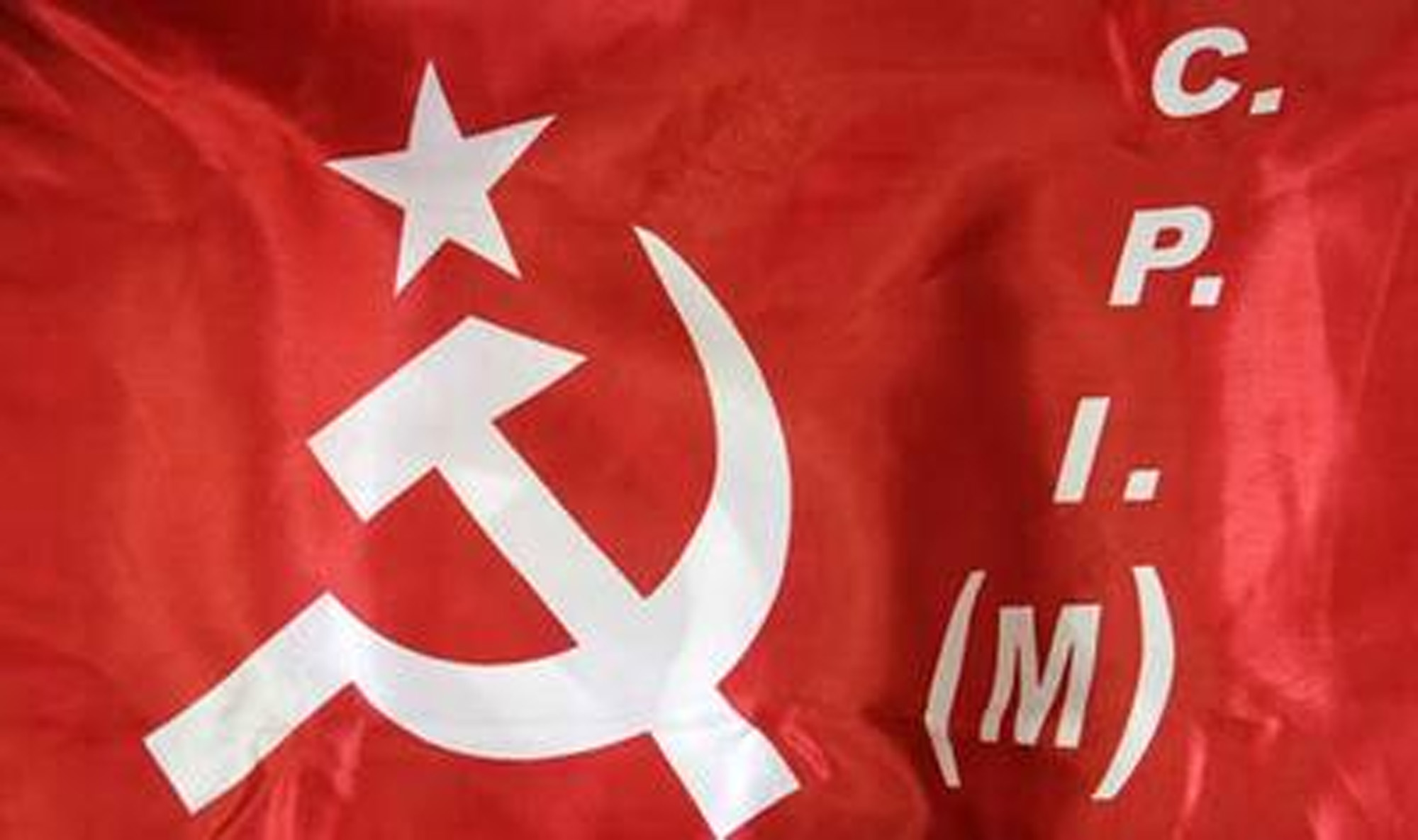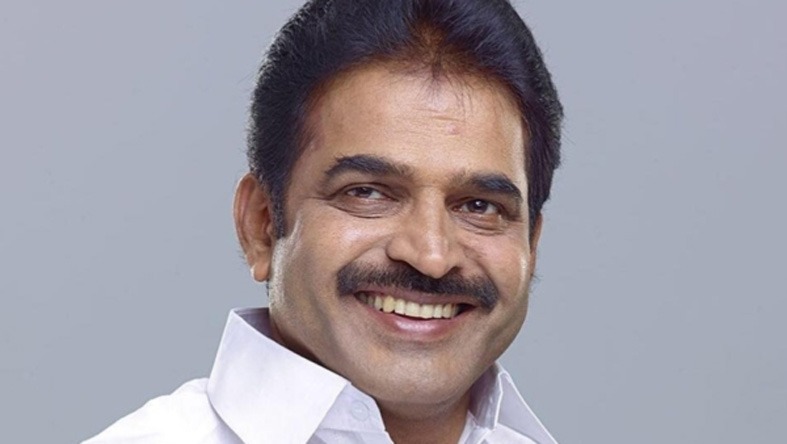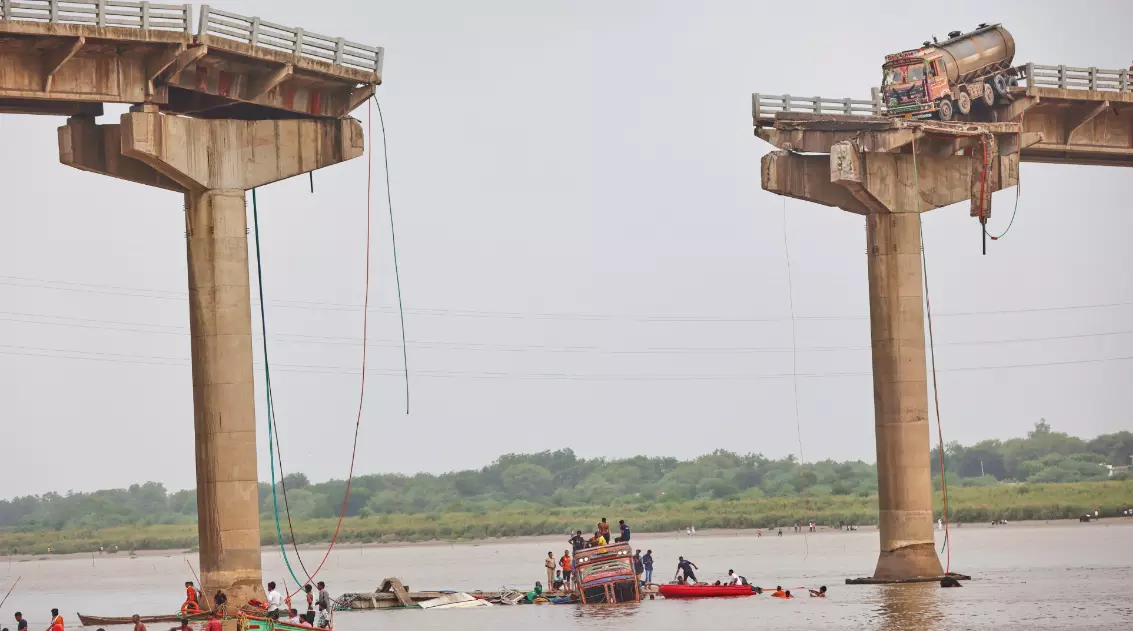Ranchi: Union Home Minister Amit Shah on Thursday said the Centre was committed to advancing the development of states with renewed focus and direction, calling for collective efforts to achieve this goal, officials said.
Shah made the remark at the 27th Eastern Zonal Council meeting, attended by representatives from the four eastern states — Jharkhand, Bihar, Odisha, and West Bengal —including Jharkhand Chief Minister Hemant Soren and his Odisha counterpart Mohan Charan Majhi.
Soren raised 31 issues concerning the state, including Rs 1.36 lakh-crore in dues from central coal PSUs, and called for improved infrastructure and job creation through MSMEs, officials said.
Jharkhand also raised the issue of a separate Sarna religious code for tribals.
Shah who arrived in the state capital on Wednesday night left for Delhi in a special chartered plane after the meeting.
Soren in a post on X said the demands included priority to local inhabitants in PSUs, safe mines closure and Centre’s support for boosting tourism and protecting tribal heritage among others.
Focus was also on augmenting infrastructure in the state, including proposal for a Metro project besides important railways and highways schemes.
Bihar Deputy Chief Minister Samrat Chowdhary said, “A committee was formed to resolve the pending issues including assets division between Bihar and Jharkhand post bifurcation of Bihar.”
Shah assured all four states of full cooperation in eliminating the Naxal menace and said it would be completely wiped out by March 31, 2026.
On Supreme Court allowing the Election Commission to continue with its Special Intensive Revision (SIR) of electoral rolls in Bihar calling it a “constitutional mandate”, he said the verdict is welcome and no one interferes in EC’s work.
At the meeting, Bihar raised long-pending issues related to asset division between Bihar and Jharkhand, which remain unresolved since Jharkhand’s formation on November 15, 2000.
According to officials, Jharkhand demanded amendments to the Coal Bearing Areas (Acquisition and Development) Act to ensure that mining companies return land to the state government after mining is completed.
During the meeting with NITI Aayog in May, Soren had demanded that mining companies in the state be mandated to establish captive power plants with 30 per cent of the total production utilised within the state.
He had said this would also boost employment generation.
The chief minister had also urged that special assistance provided to the Northeastern states be extended to Jharkhand.
Besides Soren, Jharkhand Finance Minister Radhakrishna Kishore, Minister Deepak Birua, Chief Secretary Alka Tiwari, Principal Secretary (Home) Vandana Dadel, and DGP Anurag Gupta attended the meeting, another official said.
After about a fortnight, Soren returned to Ranchi late on Wednesday to attend the meeting as he was in Delhi, where his father and former chief minister Shibu Soren is undergoing treatment.
Bihar was represented by ministers Vijay Choudhary and Samrat Choudhary, who arrived here on Wednesday.
Odisha’s delegation included CM Majhi and his deputy Parvati Parida.
West Bengal was represented by Minister Chandrima Bhattacharya.
Under Sections 15 to 22 of the States Reorganisation Act, 1956, five zonal councils were established in the country.
The Union home minister is the chairperson of these five zonal councils, and the chief ministers or lieutenant governors or administrators of the member states and Union territories are the members.
The zonal councils take up many important matters, including issues related to national importance such as the speedy investigation of cases of sexual offences against women and children, implementation of Fast Track Special Courts (FTSC) for their swift disposal, providing brick-and-mortar banking facilities within the designated area of every village, implementation of the Emergency Response Support System.
Various regional-level and common-interest issues, such as strengthening nutrition, education, health, electricity, urban planning and the cooperative system, are also discussed during such a meeting, the officials added.
The meeting was originally scheduled for May 10, but was postponed in view of the tense India-Pakistan situation.
According to the government, the chief minister of a member state — on a yearly rotational basis — serves as the vice-chairperson of the zonal council, while each state’s governor nominates two ministers to represent the state in the council.
Each zonal council also has a permanent committee headed by the chief secretaries of the member states. Issues raised by the states are first discussed in this committee, officials said.
After review by the permanent committee, unresolved matters are taken up during the full zonal council meeting for further discussion.
Prime Minister Narendra Modi emphasised the need to leverage cooperative and competitive federalism for the all-round development of the country, they said.
With a belief that strong and vibrant states make a strong nation, the zonal councils provide a structured mechanism for dialogue and discussion on issues affecting two or more states or the Centre, and these serve as an important platform to enhance mutual cooperation, they added.
More than 60 meetings of the various zonal councils and their permanent committees have been held in the last 11 years, they added.







